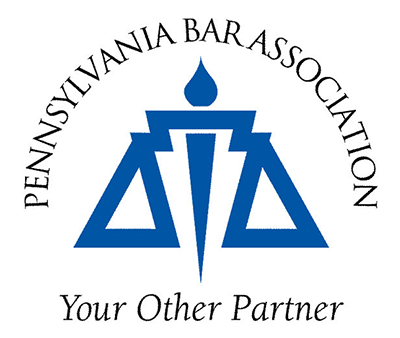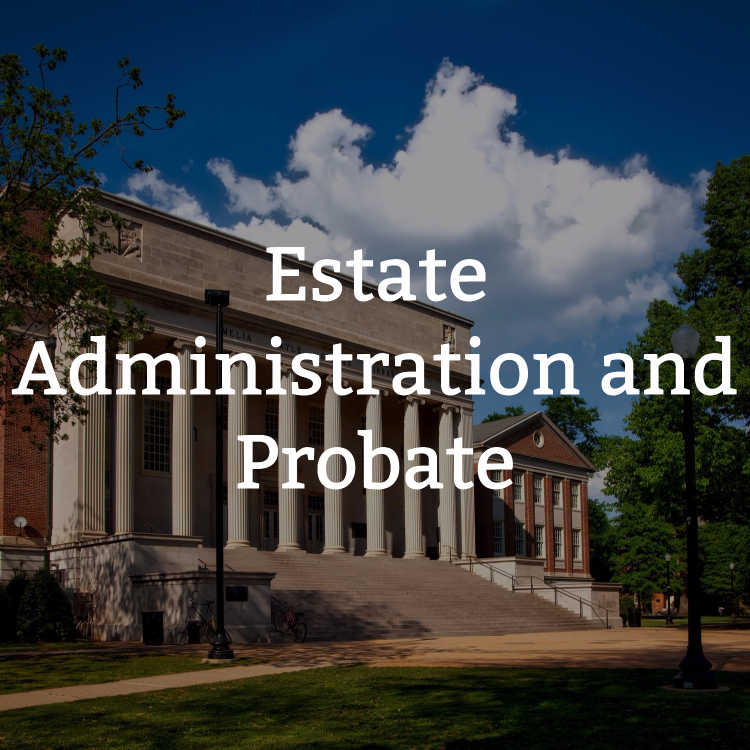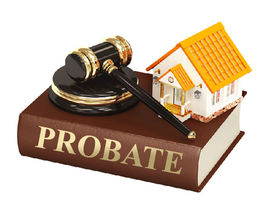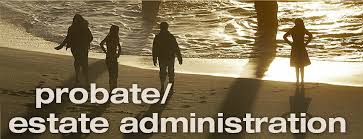A bipartisan tax agreement recently unveiled by the Senate would be generous to taxpayers who die leaving large estates. The agreement would add to the Tax Relief, Unemployment Insurance Reauthorization and Job Creation Act of 2010 to H.R. 4853, an airport and airway trust fund tax bill.
A bipartisan tax agreement recently unveiled by the Senate would be generous to taxpayers who die leaving large estates. The agreement would add to the Tax Relief, Unemployment Insurance Reauthorization and Job Creation Act of 2010 to H.R. 4853, an airport and airway trust fund tax bill. The act added to H.R. 4853 would be a modified version of a tax deal negotiated by Obama administration officials and Republican Senate leaders. A summary of the H.R. 4853 amendment released by Senate Majority Leader Harry Reid, D-Nev., shows that the 74-page measure would:
- Set a $5 million generation-skipping transfer tax exemption and 0% rate for 2010.
- Set, for the next 2 years, the per-person estate tax exemption at $5 million and the maximum estate tax rate at 35%. There is no estate tax, but the tax is set to return to 2001 levels in 2011. In 2009, there was a $3.5 million per spouse exemption and a 45% top tax rate. In 2001, there was a $1 million exemption and a 55% top rate.
- Provide for “portability,” or easing the complicated estate planning documentation necessary to ensure that beneficiaries of an estate get the benefits of a couple’s exemption. The proposal would let an executor of a deceased spouse’s estate transfer any unused exemption to the surviving spouse without such planning. The proposal would be effective for estates of decedents dying after Dec. 31, 2010.
- Bring estate taxes and gift taxes back together. Before the Economic Growth and Tax Relief Reconciliation Act of 2001 (EGTRRA) took effect, a single graduated rate schedule applied to both types of taxes, and a single lifetime exemption could be used for gifts or bequests. EGTRRA, the law that called for phasing the estate tax out by 2010, also separated the estate tax and gift tax systems. The reunification provision in the new bipartisan tax deal would take effect for gifts made after Dec. 31, 2010.
- Index the estate tax exemption starting in 2012. Most provisions in the proposal, if passed, would go into effect Jan. 1, 2010. The agreement also would provide a lucrative benefit for families of people who die in 2010, by letting them receive a step-up in basis for their estates even though there was no estate tax in 2010. Under the laws in effect today, the estates of people who die this year would pay no federal estate taxes. But the heirs of those decedents would lose the right to use an estate tax law provision that lets estate beneficiaries who sell inherited property pay taxes based on the value of the property on the date of the decedent’s death.
Although most proposal provisions would be effective Jan. 1, 2010, the proposal would let taxpayers choose between using the rules created by the new agreement or having no estate tax and a modified carryover basis for estates arising in calendar year 2010. Some of the other proposal provisions would deal with matters such as an extension of unemployment insurance benefits, a cut in the payroll tax, and charitable distributions from individual retirement accounts.
Because the estate and gift tax rules proposed would be retroactive, the agreement would let the heirs of taxpayers who die in 2010 choose to stick with having no estate tax and a modified carryover basis. REMEMBER, no matter what legislation is ultimately enacted with respect to the above-referenced federal estate tax, for those of us who live in Pennsylvania we need to be equally concerned with and aware of the fact that our estates will also be subject to an inheritance tax that is imposed at the state level. Unlike the federal estate tax which is triggered upon our estates exceeding a certain size or value at our deaths, Pennsylvania inheritance tax is imposed against our estates regardless of their size. In other words, whether your estate is worth $50.00 or $50,000,000 at your death, Pennsylvania inheritance tax will be imposed.
The current Pennsylvania inheritance tax rates are as follows: 0% for property passing to a surviving spouse; 4.5% for property passing to your children or grandchildren; 12% for property passing to one or more of your surviving siblings; and 15% for property you may leave to a niece, nephew, cousin or non-family member altogether. Can you take steps to avoid or minimize the effect of this tax and thereby pass on more of your estate assets to your loved ones? Sure, but proper estate planning is the key.
Often, something as simple as how your bank accounts and other assets are titled at your death can dramatically reduce the impact of the Pennsylvania inheritance tax. For example, if you have a checking account worth $10,000.00 that is in your name alone at your death, not only is that asset going to pass to your loved ones through probate, but, depending on their relationship to you, they are also going to have to pay anywhere from $450.00 to $1,500.00 in inheritance taxes on the account. On the other hand, if you’ve taken steps at least a year before your death to add one or more of your loved ones onto the checking account with you so that the account is titled jointly at your death, not only does account pass to them outside of probate, but the inheritance tax burden to them is also significantly reduced. For example, if you have three children and you add each of them onto the checking account with you, now at your death you only own one quarter (1/4) of the account ($2,500.00) and your children will only pay inheritance taxes against that amount. This same type of joint titling can be done not only on your bank accounts, but also on your home and other assets as well. HOWEVER, before you run out and re-title your bank accounts, home and other assets into joint names, you need to take certain other things into consideration as well.
REMEMBER, when you make an account joint with one or more of your loved ones, you are giving that person or those persons the exact same access to the account that you have. As such, if one or more of your loved ones is not particularly financially stable or may be prone to take advantage of your generosity, then adding such an individual onto your accounts might not be such a good idea. While avoiding probate and minimizing inheritance is generally a good idea, depending on your particular individual circumstances, titling your assets jointly might not be the right move for you.
It’s always best to consult with an experienced estate planning attorney prior to making any changes as to how your assets are owned or titled. It’s you money and you’ve worked hard for it. Make sure you have an estate plan that gives you peace of mind.













